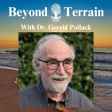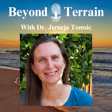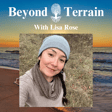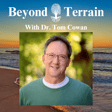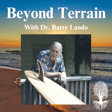
Hayley Porter on Iridology, Eye Patterns, The Microcosm of the Body and Seeing Health Differently
In this episode, we sit down with Hayley Porter for a fascinating dive into iridology—the study of the eyes as a reflection of inner health. We begin by exploring Hayley’s definition of health and how her journey led her to this unique and ancient diagnostic art.
Hayley explains the foundations of iridology, what it can reveal, and how different patterns in the iris relate to organ systems, emotional states, and inherited tendencies. We take a personal turn as Hayley analyzes her own eyes and then shares insights into Liev’s eye patterns, offering a rare glimpse into this intuitive and observational practice.
If you’ve ever been curious about what your eyes might be saying, this episode offers a fresh lens—pun intended—on holistic health. Tune in to learn more and discover how to support Hayley’s work and explore your own terrain through iridology.
Keep up with me (socials)
https://www.instagram.com/beyond.terrain/
Our vision at Beyond Terrain is best supported by sharing our work!
Joining our private terrain community is also a wonderful way to support what we do here at Beyond Terrain.
https://beyondterrain.com/beyond-terrain-community/
Learn more from and support our esteemed guest, Hayley Porter
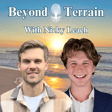
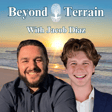
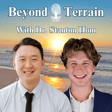
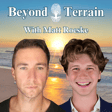
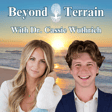
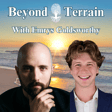
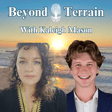
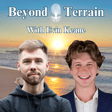
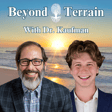
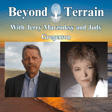
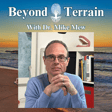
![DNA Doesn't Exist & Genomic Nonsense with Dr. Jerneja Tomsic [Part 2] image](https://media.zencastr.com/cdn-cgi/image/width=112,quality=85/image-files/652933f3a749dc383eb375de/ce5a5fd9-98c9-44fe-9b4b-3d0cd5abcf29.png)

